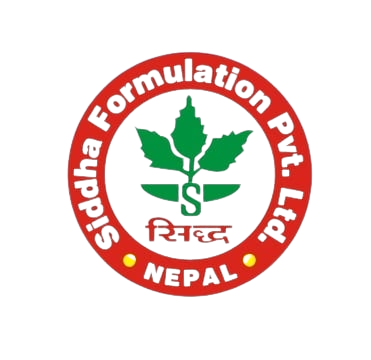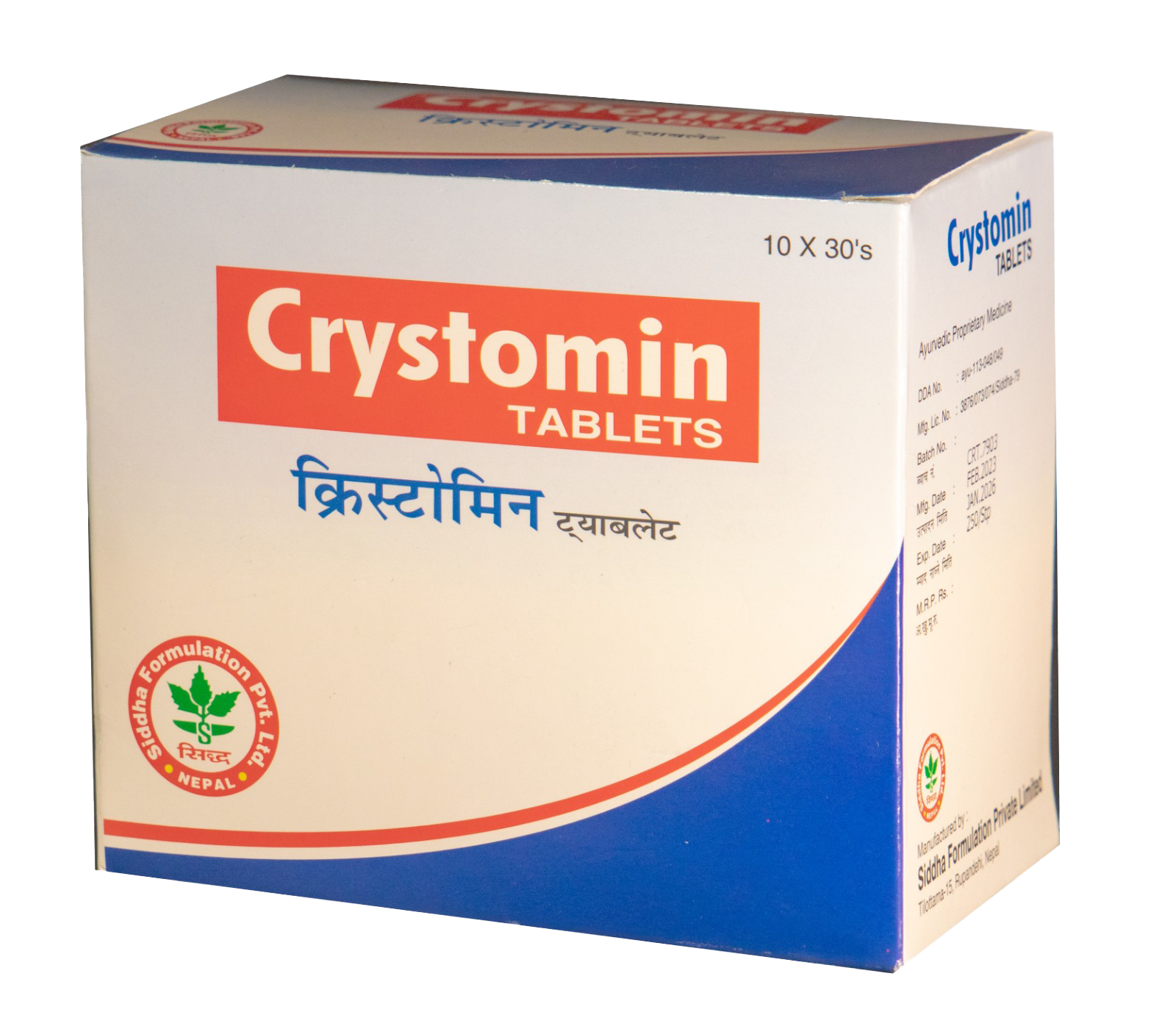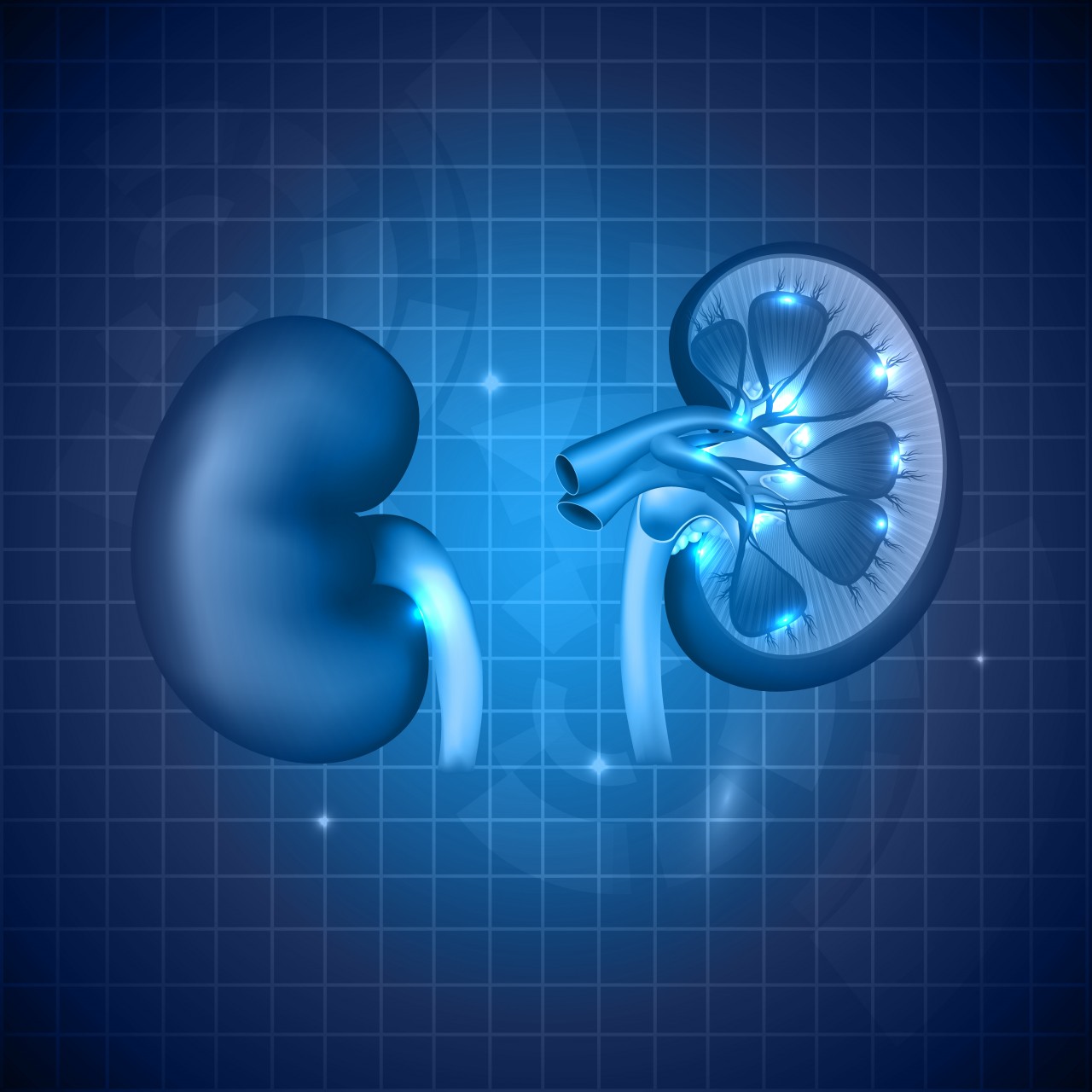

Kidney failure, also known as renal failure, occurs when one or both kidneys lose their ability to function effectively. This condition can develop suddenly (acute) or gradually over time (chronic). As the kidneys fail, waste products accumulate in the body, leading to potentially life-threatening complications if left untreated.

Healthy vs. diseased kidney comparison
Kidney disease often progresses silently in early stages. Recognizing symptoms early can lead to timely intervention and better outcomes. Symptoms vary based on whether the condition is acute or chronic.
Kidney failure typically results from conditions that cause gradual loss of kidney function over time. Understanding these causes can help in prevention and early detection.

Common risk factors for kidney disease
Early diagnosis of kidney disease is crucial for effective management. Healthcare providers use various tests to assess kidney function and determine the appropriate treatment approach.
Treatment for kidney failure depends on the cause and extent of kidney damage. Options range from lifestyle changes and medications to dialysis and transplantation.
Dialysis performs the functions of healthy kidneys by removing waste and excess fluid from the blood.
A kidney transplant is often the best long-term treatment for kidney failure, offering better quality of life than dialysis.

Modern kidney treatment approaches
Many cases of kidney failure can be prevented or delayed through lifestyle modifications and proper management of underlying conditions.
If you have diabetes, high blood pressure, or a family history of kidney disease, regular kidney function tests can help detect problems early when they're most treatable.
At Siddha Formulation, we combine traditional herbal wisdom with modern research to support kidney health. Our specially formulated products are designed to complement medical treatments and promote renal function.

Siddha Formulation's kidney support products
Our experts at Siddha Formulation can help assess your risk and recommend personalized kidney support solutions.
Contact Our Specialists